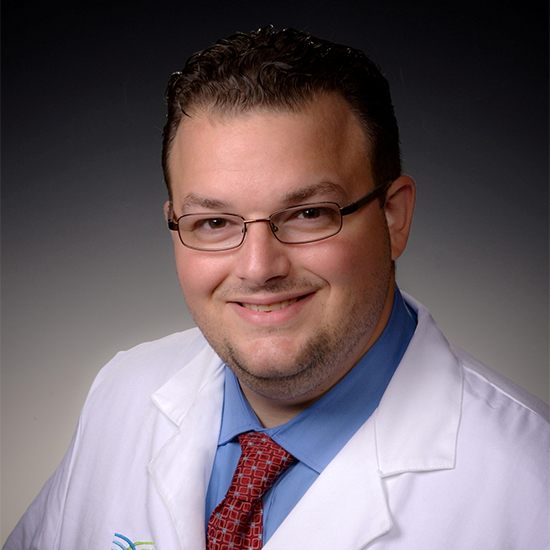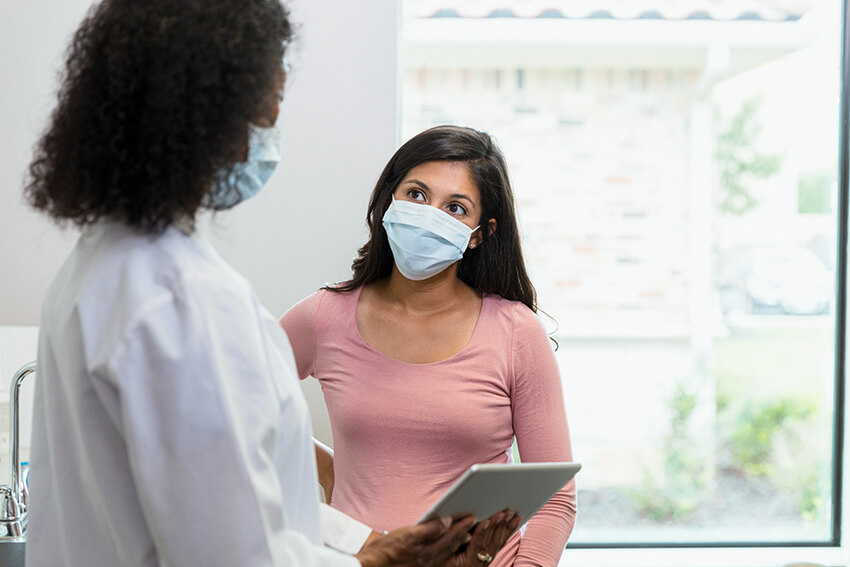Well Ahead Philly
Taking care of our health is essential in preventing and treating diseases, and this holds true for colorectal cancer.
Colorectal cancer prevention
This type of cancer can be prevented through regular screening tests, such as colonoscopy, which can detect and remove abnormal growths before they become cancerous. Adults should start screenings for colorectal cancer at the age of 45. However, if you’re at a higher risk of developing this disease your doctor may recommend earlier screenings based on your personal and family history.

Managing your risk for colorectal cancer
Apart from regular screenings, there are simple lifestyle changes that you can make to reduce your risk of developing colorectal cancer. For example, adopting a healthy diet consisting of fruits, vegetables and whole grains can help lower your risk, while limiting your intake of red and processed meats is also recommended.
Additionally, regular exercise can make a significant difference, and even moderate activity for 20-30 minutes a day can help reduce your risk. Maintaining a healthy weight is also crucial, and it can be achieved by combining healthy eating habits and exercise.
For those who drink alcohol, reducing your alcohol intake can help, as excessive use of alcohol can lead to chronic diseases and other health issues. Similarly, quitting smoking is another important step to take, as smoking increases the risk of developing colon cancer. It’s never too late to quit, and by doing so, you can lower your risk of colorectal cancer and improve your overall health.
In some cases, colorectal cancer can be hereditary, and those with a family history of this disease are at a higher risk. If you think you may be at risk, it is important to speak to your doctor about genetic testing and counseling.
Screening is key to protecting your health
Remember, prevention is key in reducing the risk of colorectal cancer, and this can be achieved through regular screenings, adopting a healthy lifestyle and identifying and addressing any potential hereditary factors. Talk to your doctor about your risk and screening options to ensure you are taking the necessary steps to care for your health and potentially save your life.
Featured videos
Related blog articles
5 facts you didn't know about colorectal cancer
Read these five facts you may not have known about colorectal cancer, including when to start screening and how preventable the disease is.

Everything you always wanted to know about home colorectal cancer tests but were afraid to ask
“While the gold standard is colonoscopy, home-based screenings are also an option for some people at average risk,” says gastroenterologist Malini Mathur, MD.

Seven ways to control your colorectal cancer risk
While anyone can get colon cancer, some people are at greater risk than others. Here are some effective ways to control your colorectal cancer risk.

Do you know everything you should know about your family health history?
Your family health history is a window into your own health, and it can help predict what diseases you might be at risk for. Here’s how.

















